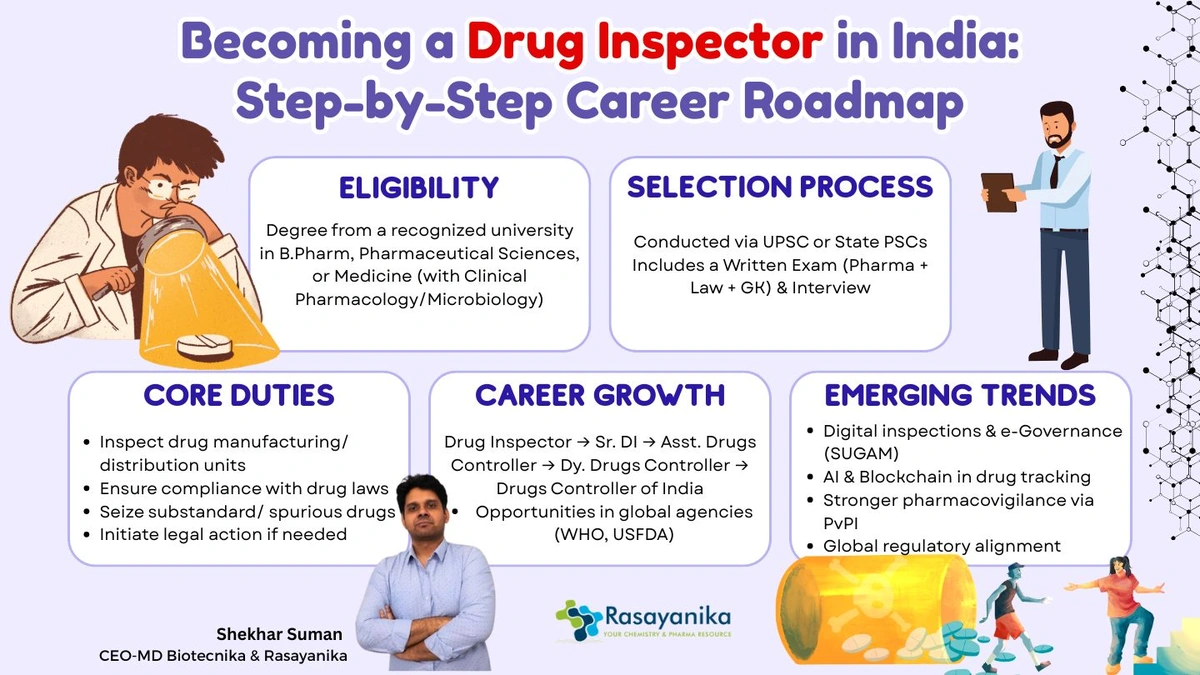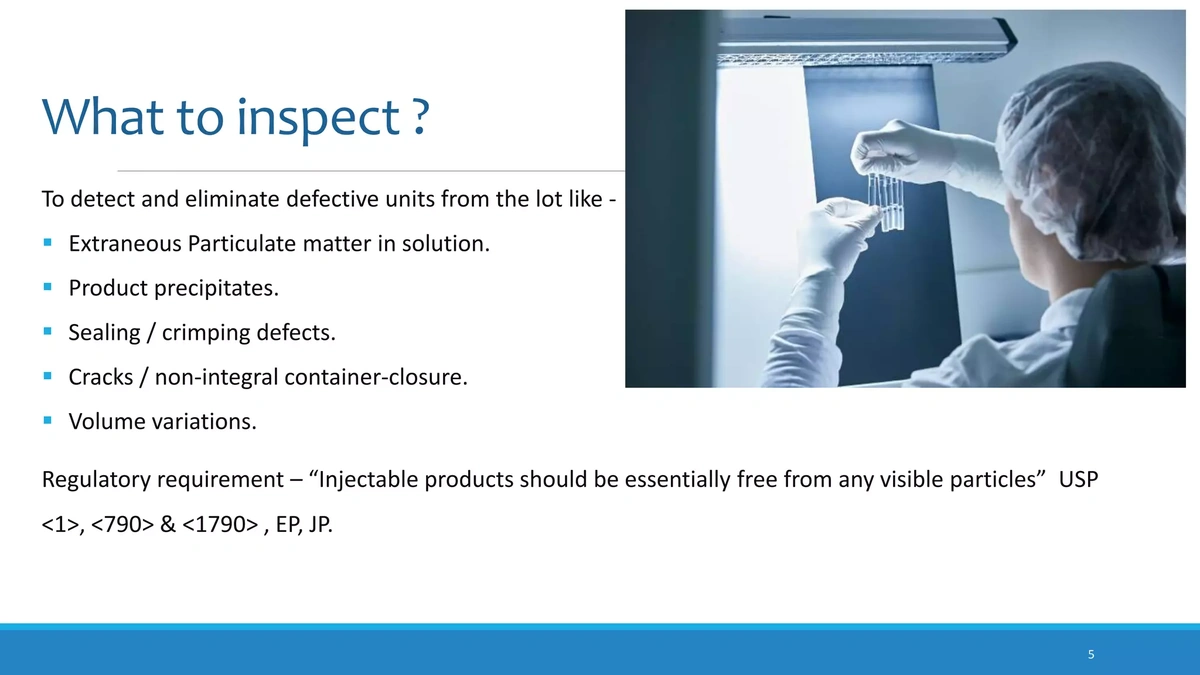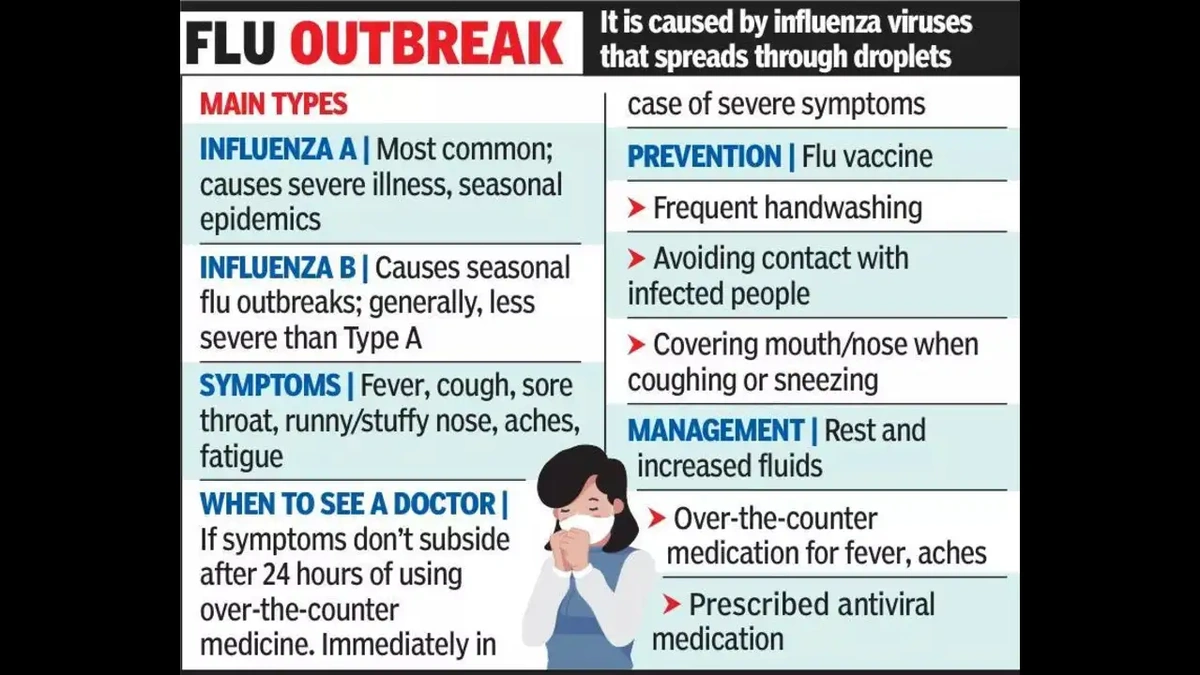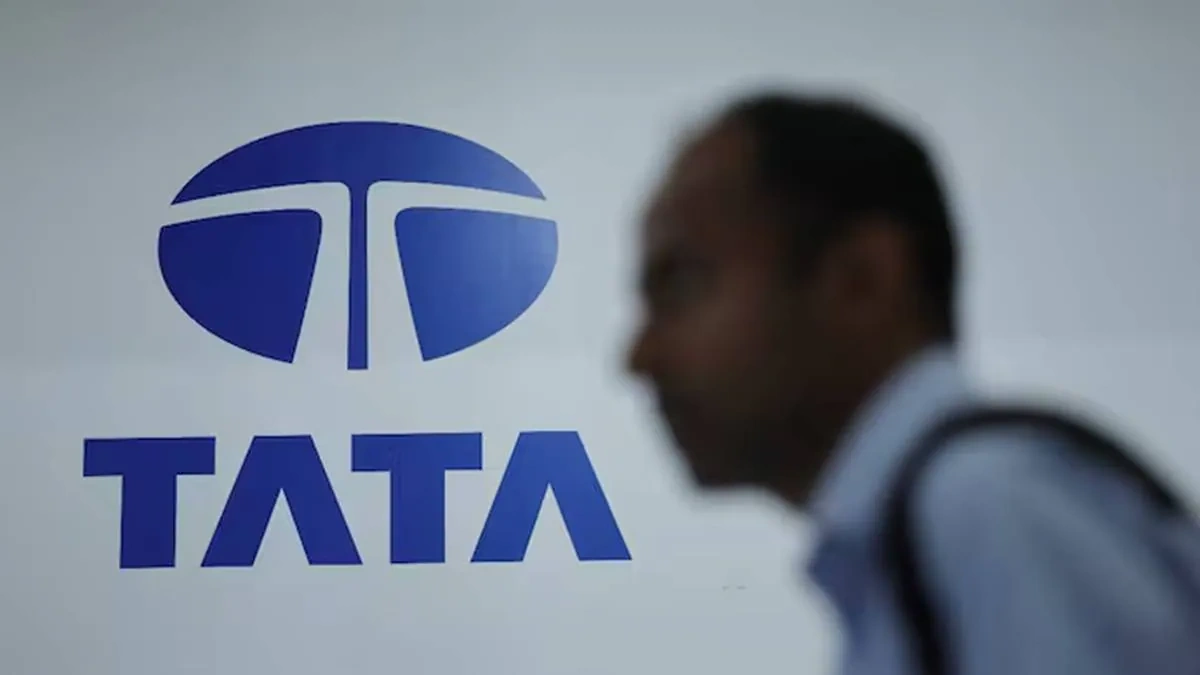Tamil Nadu Orders State-Wide Pharma Units Inspection
Alright, folks, let’s talk about something that might sound a bit dry at first glance – pharma units inspection in Tamil Nadu. Now, I know what you might be thinking: “Inspections? Snooze fest!” But trust me on this one. This isn’t just about some bureaucrats checking boxes. This is about the very quality of medicines we pop, the integrity of healthcare, and ultimately, our well-being . What fascinates me is the ‘Why’ behind this sudden surge in inspections. Let’s dive in, shall we?
Why Now? Unpacking the Context of Quality Control

So, why the sudden urgency? Well, here’s the thing: India’s pharmaceutical industry is a global powerhouse. We churn out tons of meds, and a significant chunk of it gets exported. But with great power comes great responsibility – or, at least, it should. There have been murmurs, whispers, and even some not-so-quiet concerns about the quality standards in some of these units. I initially thought it was straightforward compliance, but then I realized, this is about ensuring public health and maintaining India’s reputation as a reliable drug manufacturer on the world stage. The move by the Tamil Nadu government isn’t happening in a vacuum. It’s likely a response to increasing scrutiny, both domestic and international, regarding the manufacturing practices within the pharmaceutical sector.
Think about it. If a batch of substandard drugs makes its way into the market, the consequences can be dire. We’re talking about ineffective treatments, potential health complications, and a massive dent in public trust. What’s really interesting is the role of state governments here. While central agencies set broad guidelines, the actual implementation and monitoring often fall on the states. This state-wide inspection is, therefore, a critical step in enforcing those standards and holding pharma companies accountable.
The “How”: What Does a Drug Manufacturing Inspection Entail?
Okay, so the government’s sending in the inspectors. But what exactly do these folks look for? It’s not just a casual glance at the lab coats (though I’m sure they check for cleanliness!). A typical pharmaceutical inspection involves a thorough examination of several key areas:
- Manufacturing Processes: Are the drugs being made according to established protocols? Are the right ingredients being used in the correct proportions?
- Quality Control Systems: Does the company have robust systems in place to test the quality of their products at every stage of the manufacturing process? This includes checking for impurities, ensuring the correct dosage, and verifying the shelf life.
- Infrastructure and Equipment: Is the equipment properly maintained and calibrated? Is the facility clean and hygienic? Are there measures in place to prevent contamination?
- Documentation: Are all processes and procedures properly documented? Can the company demonstrate that they are following good manufacturing practices (GMP)?
It’s a bit like a meticulous detective job, really. Inspectors pore over records, interview staff, and even take samples for testing. They’re looking for any sign that corners are being cut or that quality is being compromised. A common mistake I see people make is assuming that inspections are just about finding fault. A good inspection can also help a company identify areas for improvement and strengthen their quality control systems. The goal isn’t just to punish wrongdoers but to create a culture of quality assurance within the industry.
The Ripple Effect | Impact on Consumers and the Industry
So, what does all this mean for you and me, the folks who actually use these medicines? For starters, it means a greater assurance that the drugs we’re taking are safe and effective. It means fewer instances of substandard or counterfeit medications finding their way into our pharmacies. And it means a stronger, more trustworthy pharmaceutical industry overall. It is related to the medicine quality that common people are consuming.
But it’s not just about individual consumers. A robust regulatory environment also benefits the pharmaceutical industry as a whole. By ensuring quality standards, India can maintain its reputation as a reliable supplier of affordable medicines to the world. This, in turn, can attract more investment and create more jobs. As per the guidelines of the government the pharmaceutical industry compliance is maintained regularly to improve the efficiency of the system. And you know what else? It creates a level playing field for all players in the industry. Companies that invest in quality and adhere to regulations aren’t undercut by those who try to cut corners. Let me rephrase that for clarity: Compliance ensures fair competition and rewards those committed to excellence. Another related incident is the Himachal Pradesh landslide affected public health.
Good Manufacturing Practices (GMP) and the Global Stage
Speaking of regulations, let’s talk about Good Manufacturing Practices (GMP). GMP is a set of guidelines that outline the minimum standards for manufacturing pharmaceuticals. They cover everything from the design of the facility to the training of personnel. Adhering to GMP is not just a matter of ticking boxes; it’s about creating a culture of quality throughout the entire organization. According to the World Health Organization (WHO) , GMP guidelines are essential for ensuring the safety and efficacy of medicines. These guidelines are constantly evolving to keep pace with advancements in technology and changes in the pharmaceutical landscape. The one thing you absolutely must remember is that GMP compliance is not a one-time thing. It’s an ongoing process of monitoring, auditing, and continuous improvement.
And here’s where India plays a crucial role. Our ability to manufacture high-quality, affordable medicines hinges on strict adherence to these GMP standards. It’s not just about serving our own population; it’s about meeting the global demand for safe and effective treatments. The current state-wide inspection drive in Tamil Nadu is a step in the right direction, signaling a renewed commitment to maintaining those standards and upholding India’s reputation as a reliable pharmaceutical hub.
Looking Ahead: What’s Next for Pharma Regulation?
So, what can we expect in the future? Well, I think we’ll see a continued focus on strengthening regulatory oversight and enforcement. This could involve increased use of technology, such as data analytics, to identify potential risks and target inspections more effectively. There might also be greater emphasis on collaboration between different regulatory agencies, both within India and internationally. But, perhaps most importantly, we need to foster a culture of transparency and accountability within the pharmaceutical industry. Companies need to see quality not as a burden but as a competitive advantage. They need to understand that investing in quality is not just good for patients; it’s also good for business. That’s why the future of pharma regulation lies in building strong partnerships between government, industry, and the public. Only by working together can we ensure that everyone has access to safe, effective, and affordable medicines.
FAQ
What happens if a pharma unit fails inspection?
Depending on the severity of the violations, actions can range from warnings and mandated improvements to fines, suspension of licenses, or even closure of the unit.
How often are these pharmaceutical inspections conducted?
The frequency varies, but high-risk units are typically inspected more often. Surprise inspections can also occur based on intelligence or complaints.
What can I do if I suspect a problem with the quality of medicine I’ve received?
Report it to the local drug regulatory authority immediately. Provide as much detail as possible, including the name of the medicine, manufacturer, and batch number.
Are these inspections only for allopathic medicine manufacturers?
No, inspections can extend to manufacturers of Ayurvedic, Unani, and other traditional medicines, although the specific criteria may differ.
What role do consumers play in ensuring medicine quality?
Consumers should be vigilant, checking for proper packaging, expiry dates, and signs of tampering. They should also report any adverse reactions or suspected quality issues.
Ultimately, this isn’t just about regulations and inspections. It’s about ensuring that the medicines we rely on are safe, effective, and trustworthy. And that, my friends, is something we all have a stake in.













